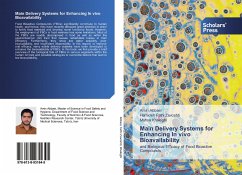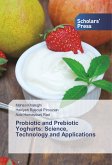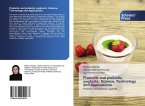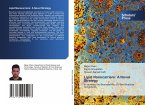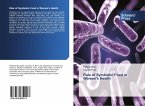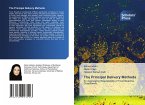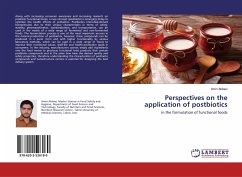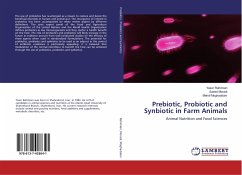Food Bioactive Compounds (FBCs) significantly contribute to human health, and hence, they have recently attracted great attention in order to fortify food matrices and develop novel functional foods. However, the employment of FBCs in food matrices has some limitations. Most of the FBCs are readily decomposed in food as well as within the gastrointestinal (GI) tract that causes remarkable losses in their efficiency. Furthermore, they show low water solubility, poor bioavailability, and insufficient dispersibility. In this regard, to improve oral efficacy, many edible delivery systems have been developed to enhance the bioavailability of FBCs. In this book, we first provide a brief overview of the biological fate of FBCs in various segments within the human GI tract and possible strategies to overcome factors that lead to low bioavailability.
Bitte wählen Sie Ihr Anliegen aus.
Rechnungen
Retourenschein anfordern
Bestellstatus
Storno

